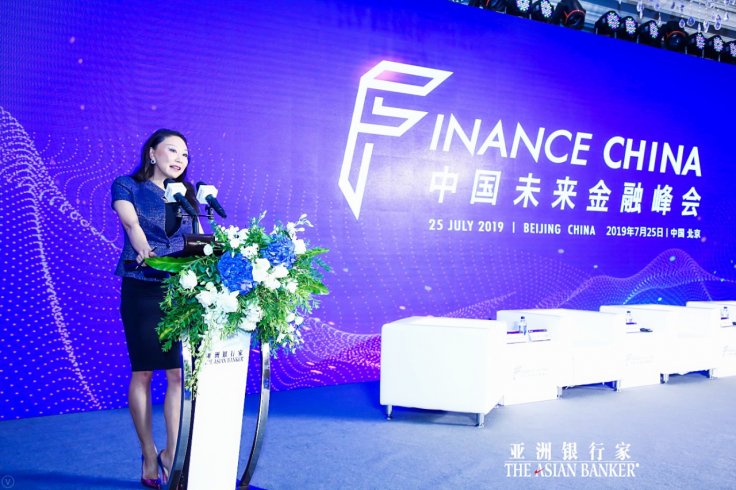
Shirley Yu, a political economist and Harvard and LSE scholar on China is encouraging multinational businesses to develop stronger cultural awareness to help them succeed in the fast-growing Chinese market.
An expert on China and a frequent BBC and Bloomberg commentator, Yu regularly advise Fortune Global 500 companies to help them navigate the strategic landscape and identify super trends around China's structural transformation so that they can succeed in the Chinese market.
Recent geopolitical events from protests in Hong Kong to the current fallout from the pandemic along with China's strained relations with western countries have had a negative impact on companies doing business in China.
Reflecting on the current climate and the political risks, Yu told reporters this week that "Just last year, a number of western companies were boycotted by the Chinese on social media including fashion brands such as Coach, Versace, and Tiffany's. China today is the most important commercial market for these brands."
With all 3 brands caught up in events surrounding China's sovereignty over Hong Kong, they had to issue a public apology following the backlash on social media. Speaking about the fallout, Yu encouraged the world's significant boardrooms this week to deepen their "cultural awareness" to ensure companies can navigate these sensitive subjects for long-term success in China.
The political economist also noted that top CEOs of multinational companies had been caught up in the risks and company boards needed to consider China's risk as much as they examine cybersecurity concerns and others.
"We saw the former CEO of HSBC, John Flint, resigned months following the arrest of Huawei's former CFO, Meng WanZhou. The former CEO of Cathay Pacific, Rupert Hogg, also resigned because of the Hong Kong issue. We also saw China's nationwide ban and protest of the NBA because of a 7-word tweet by one of its managers."
With the ongoing sensitivities over events in Hong Kong and US-China tensions, companies that operate in China markets are seeing themselves increasingly exposed to political risks.
"For multinationals with a significant market presence in China, board members and board advisors must be able to deliver formidable and sustainable geopolitical and economic narratives on China. This is now more necessary than ever because the ill management of China risks not only hurts shareholder values, the risks can be proven to get very personal, as in HSBC and Cathay's case," reflected Yu.
With China's continued economic ascent, it is now a 400-million middle-income consumer powerhouse. Multinational brands in a variety of industries, from fashion to technology, are more exposed to the current political risks. And with China's rise on the world stage and its historic $5 trillion investment plan into digital infrastructure post COVID-19, companies will see the engine of global economic growth continue to shift towards the China-led Asia Pacific region in the decades ahead.









